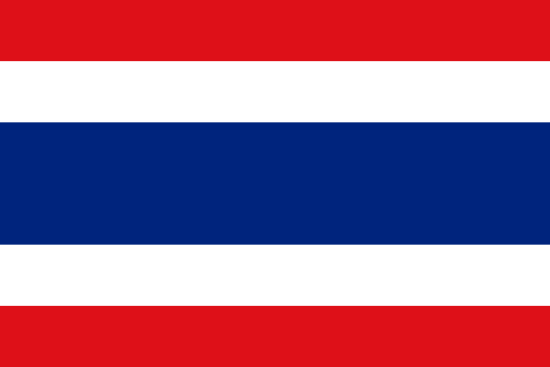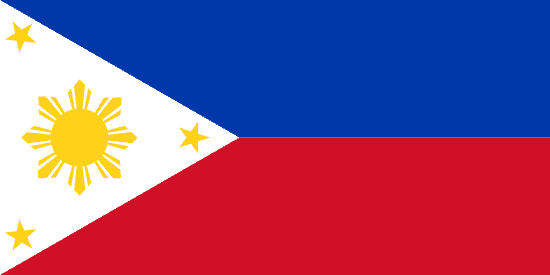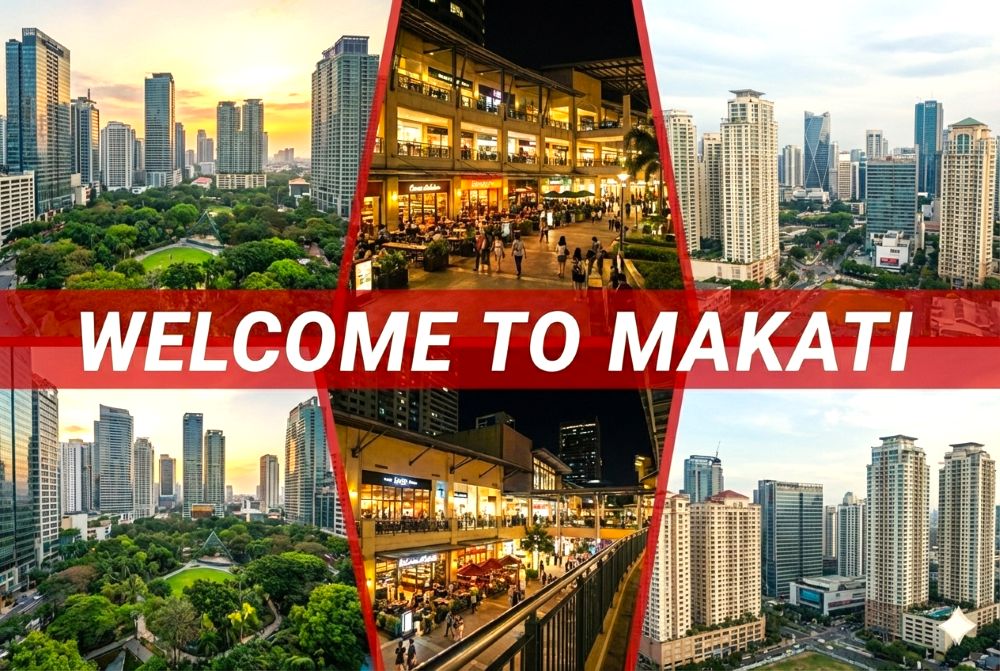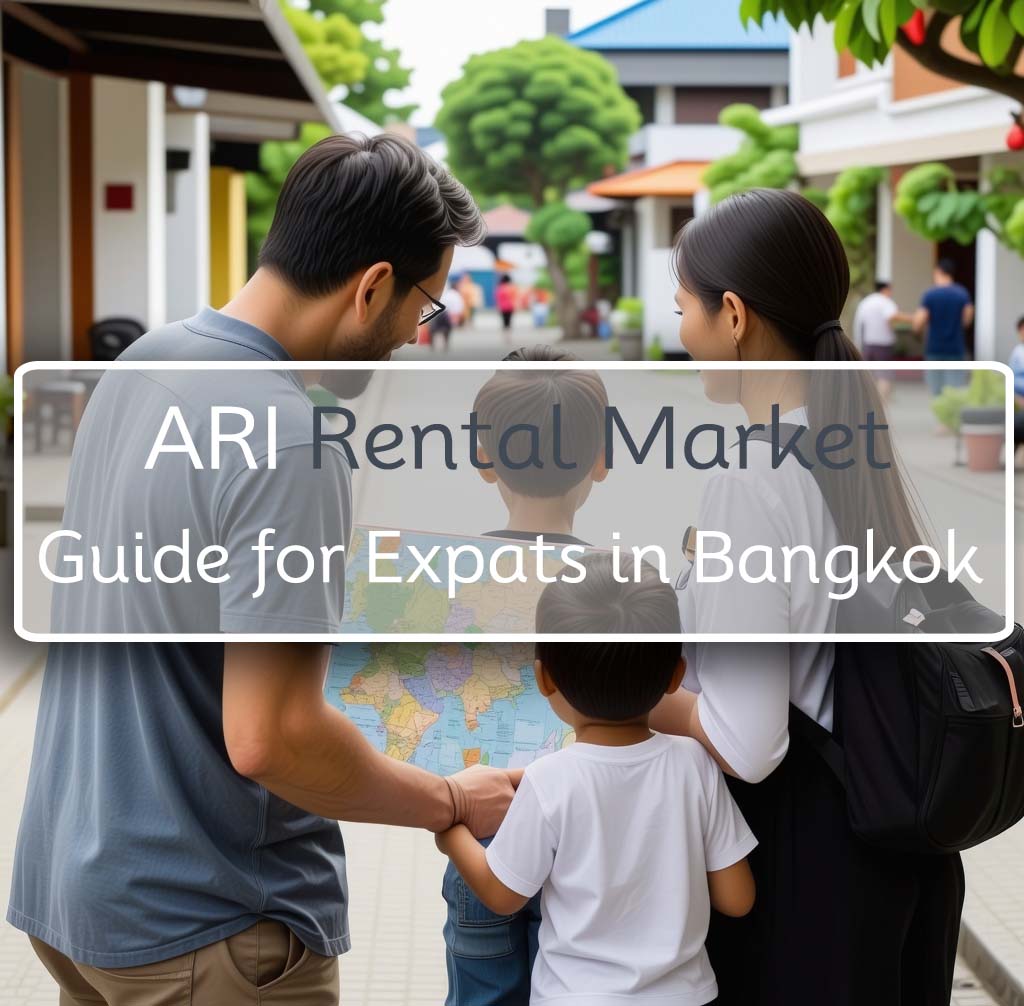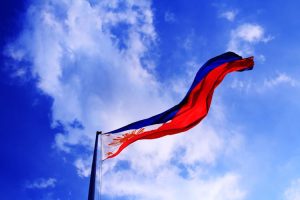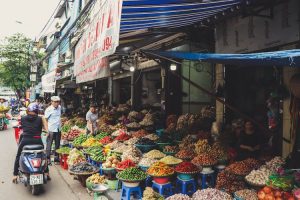
The Hidden Costs of Moving to Southeast Asia:
What No One Tells You About Vietnam, Thailand, and the Philippines
Relocating to Southeast Asia sounds like a dream—affordable living, rich culture, tropical weather, and exciting opportunities. Whether you’re a corporate professional transferred to Bangkok, a digital nomad settling in Ho Chi Minh City, a retiree exploring Cebu, or a family starting fresh in Manila, the promise is enticing.
But beyond the lower rent and inexpensive street food, hidden costs lurk beneath the surface that can surprise even the most budget-conscious expats. Understanding these expenses upfront is essential for a smooth, stress-free transition to life in Vietnam, Thailand, or the Philippines.
This guide reveals the real costs that relocation agencies rarely mention—and how proper planning can save you thousands.
1. Visa Fees and Immigration Formalities
Visa policies across Southeast Asia may seem straightforward at first glance, but renewals, extensions, and work permits can add up quickly—especially for families and long-term residents.
Vietnam
Initial tourist visas allow stays of up to 90 days through Vietnam’s streamlined e-visa portal, but professionals and families often need business visas or temporary residence cards.
Agency fees for visa runs, document translation, and legal compliance can cost $200–$500 annually per person. Corporate expats typically receive visa sponsorship, but digital nomads and retirees must budget for these recurring costs.
Thailand
Thailand’s Digital Nomad Visa (DTV) offers 5-year validity with multiple 180-day entries, but requires proof of 500,000 THB in bank funds.
For retirees, the Non-O retirement visa demands an 800,000 THB bank deposit and annual renewals.
Corporate professionals on SMART Visas face smoother processes but often require legal assistance costing $800–$1,500 initially.
Philippines
The Philippines offers flexible long-term tourist visas, but frequent renewals mean repeated costs.
The Special Resident Retiree’s Visa (SRRV) requires a $10,000–$20,000 USD deposit, while corporate work visas (9G) involve extensive documentation. Families should budget $300–$600 per person annually for extensions and related fees.
Pro Tip: Work with experienced immigration consultants to navigate these complex systems. Learn more in our comprehensive guide on how to get a work visa in the Philippines.

2. Housing Deposits and Unexpected Rental Costs
Rent might be cheaper than in Western countries, but security deposits, agency fees, and furnishing costs can strain your initial budget.
Bangkok, Thailand
Premium expatriate housing in Sukhumvit, Silom, or Sathorn districts often requires two to three months’ rent as deposit, plus one month’s agency fee. A family-friendly 3-bedroom apartment in expat areas costs $1,500–$3,500 monthly, meaning upfront costs of $6,000–$14,000 before you even move in.
Ho Chi Minh City, Vietnam
Districts 1, 2, 7, and Thu Duc offer modern city center apartments with lower monthly rent ($800–$2,000), but agency fees and furniture costs can inflate initial expenses. Many landlords require 2–3 months’ deposit, and unfurnished apartments demand additional investment in appliances and furniture.
Manila, Philippines
Western-standard housing in Makati CBD and Bonifacio Global City (BGC) is significantly pricier than local accommodations. Expect $1,200–$3,000 monthly for expat-grade apartments, with 2–3 months’ advance rent. Condominiums often charge association dues ($50–$150/month) not included in advertised rent.
For detailed housing guidance, explore our resources on moving to Manila and preparing for Ho Chi Minh City.
3. International School Fees: The Biggest Surprise for Families
International schools across Southeast Asia rank among the most expensive globally. Tuition, uniforms, extracurriculars, transportation, and enrollment fees can double or triple your anticipated education budget.
Real Costs Across the Region
- Bangkok: International schools like ISB, NIST, or Harrow Bangkok charge $15,000–$35,000 annually per child
- Ho Chi Minh City: International schools cost $10,000–$25,000 per year
- Manila: Quality international schools range from $8,000–$20,000 annually
Additional hidden costs include:
- Application and enrollment fees: $500–$2,000
- School bus services: $1,000–$2,500 per year
- Uniforms and supplies: $300–$800
- Field trips and extracurriculars: $500–$1,500 annually
Families must carefully review school fees in advance and consider financial planning. Corporate relocation packages sometimes include education allowances—negotiate these before accepting international assignments.

4. Healthcare and Medical Insurance
Public healthcare systems in Southeast Asia are limited for expats. While private medical care is affordable compared to Western countries, comprehensive health insurance is non-negotiable.
Why Insurance is Essential
A medical emergency without coverage can erase months of savings. Private hospitals in Bangkok, Ho Chi Minh City, and Manila offer world-class care but at significant cost without insurance. Expatriates should secure international health insurance covering:
- Emergency evacuation
- Maternity services (premiums increase substantially)
- Pre-existing conditions
- Dental and vision care
Regional Healthcare Considerations
- Thailand: Excellent private hospitals, but insurance premiums run $1,200–$4,000 annually per adult
- Vietnam: Quality private care available, insurance costs $800–$2,500 yearly
- Philippines: Healthcare quality varies; comprehensive coverage costs $1,000–$3,000 annually
For long-term expats, healthcare becomes one of the largest recurring hidden costs. Budget accordingly and compare policies before moving.
5. Imported Goods and Western Lifestyle Products
Street food and local markets are incredibly affordable—but Western comfort products carry premium prices due to import taxes.
Price Comparisons
- Cheese and dairy products: 2-3x Western prices
- Wine and imported alcohol: 50-150% markup
- Specialty groceries: Significantly higher, especially in the Philippines
- Branded clothing and electronics: Often more expensive than home countries
The Philippines is generally costlier for imported goods than Thailand or Vietnam. These “comfort purchases” add up quickly, especially for families accustomed to specific brands.
Budget Tip: Embrace local products where possible, and stock up on essentials during home visits. Shop at international supermarkets strategically for best deals.
6. Social Integration and Lifestyle Costs
Adapting to a new country means investing in social connections—joining expat clubs, sports leagues, coworking spaces, and networking events. While enriching your experience, these memberships come with costs:
- Coworking spaces: $100–$300 monthly
- Sports clubs and gyms: $50–$200 monthly
- International clubs and associations: $200–$1,000 annually
- Social events and dining: Often higher than home country expenses
Many expats report spending more socially abroad than in their home country, especially in Bangkok and Manila’s vibrant expat scenes. Factor these lifestyle investments into your relocation budget.
For cultural adaptation tips, read our guide on adapting to a new culture after a move.
7. Taxation and Legal Compliance
International relocation often triggers unexpected double taxation issues and compliance requirements. Each Southeast Asian country has unique tax rules:
Tax Considerations
- Thailand: Foreign income may be taxable if remitted to Thailand
- Vietnam: Complex tax residency rules for expats
- Philippines: Territorial taxation system with specific compliance requirements
Corporate assignees need clear guidance on tax equalization, while entrepreneurs and digital nomads must understand their obligations in both home and host countries. Compliance failures can result in costly penalties and legal complications.
Consult with international tax advisors before relocating. The Philippine Bureau of Internal Revenue offers official guidance for tax compliance.
Unexpected Quality-of-Life Upgrades
Beyond financial costs, practical challenges often push expats toward premium solutions:
- Unreliable internet: Upgrading to business-grade connections ($50–$150 monthly)
- Transportation issues: Hiring private drivers or purchasing vehicles
- Security concerns: Choosing gated communities with higher fees
- Coworking spaces: Necessary for reliable connectivity and professional environment
These “hidden upgrades” ensure quality of life but add $200–$800 monthly to living expenses. Digital nomads and remote professionals particularly feel these costs.
For international moving logistics, explore our insights on vehicle transport abroad.
How to Prepare for Hidden Relocation Costs
1. Create a Comprehensive Budget
Account for 20-30% more than anticipated monthly expenses during your first year. Include one-time setup costs separately.
2. Research Your Specific Location
Costs vary dramatically between cities. Ho Chi Minh City offers more affordable living than Hanoi, while Bangkok’s expat areas command premium prices compared to Chiang Mai.
3. Leverage Professional Relocation Support
Working with experienced relocation specialists like Asia Relocation provides accurate cost projections, vetted service providers, and ongoing support. We’ve helped thousands of families, professionals, retirees, and digital nomads navigate these hidden costs across Vietnam, Thailand, and the Philippines.
4. Connect with Expat Communities
Join online forums and local expat groups to get real-world budget insights. First-hand experiences reveal costs that official sources miss.
5. Plan for Currency Fluctuations
Exchange rate changes can significantly impact your budget. Consider keeping funds in multiple currencies and using international banking solutions.
Final Thoughts: Smart Planning Equals Smooth Relocation
Southeast Asia offers incredible opportunities for corporate professionals, digital nomads, retirees, and families—but understanding hidden costs is crucial for success. From visa complications and housing deposits to international school fees and healthcare insurance, these expenses can catch even experienced expats off guard.
The key to a smooth transition? Comprehensive planning, realistic budgeting, and expert guidance from relocation specialists who understand Vietnam, Thailand, and the Philippines intimately.
At Asia Relocation, we provide end-to-end support for individuals and corporations relocating across Southeast Asia. Our local expertise, established networks, and personalized service ensure you avoid costly surprises and settle in smoothly.
Ready to start your Southeast Asia journey? Contact Asia Relocation today for a personalized relocation consultation and discover how we make international moves stress-free.


